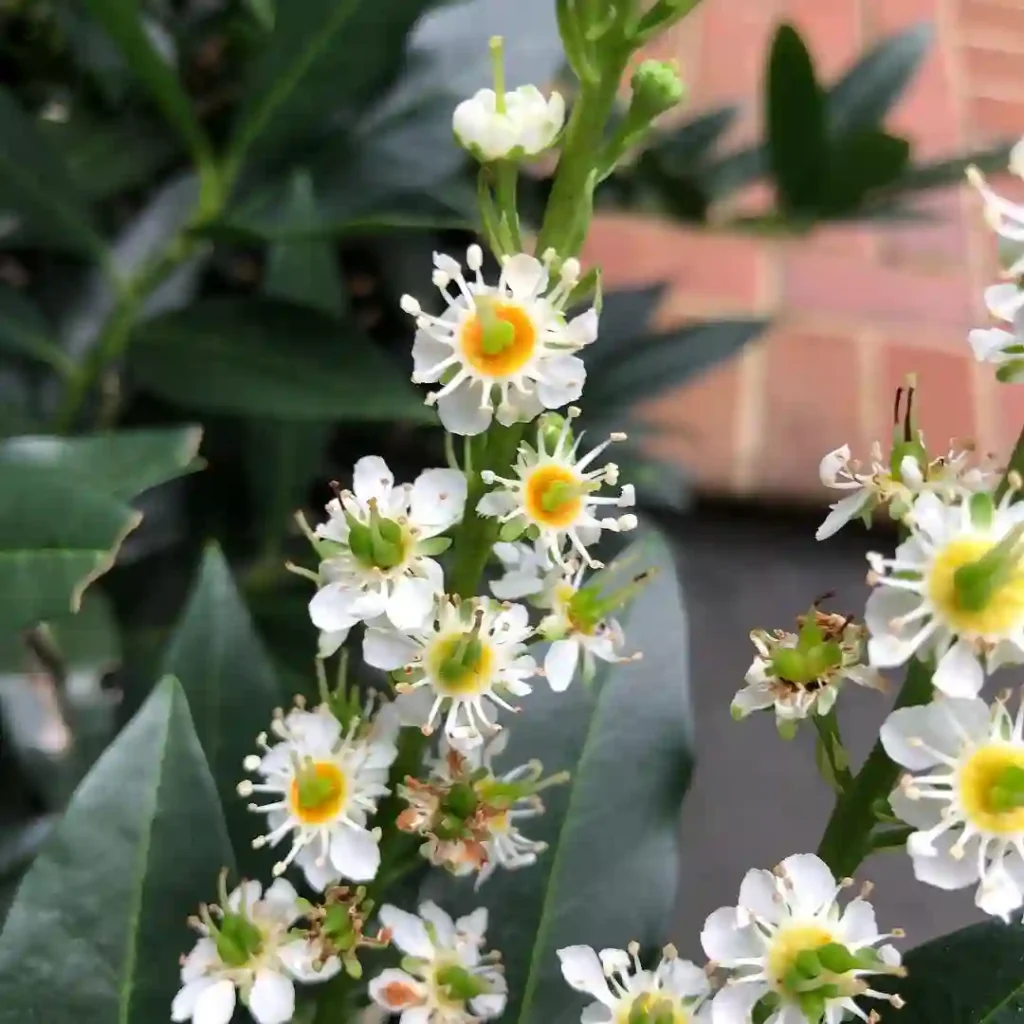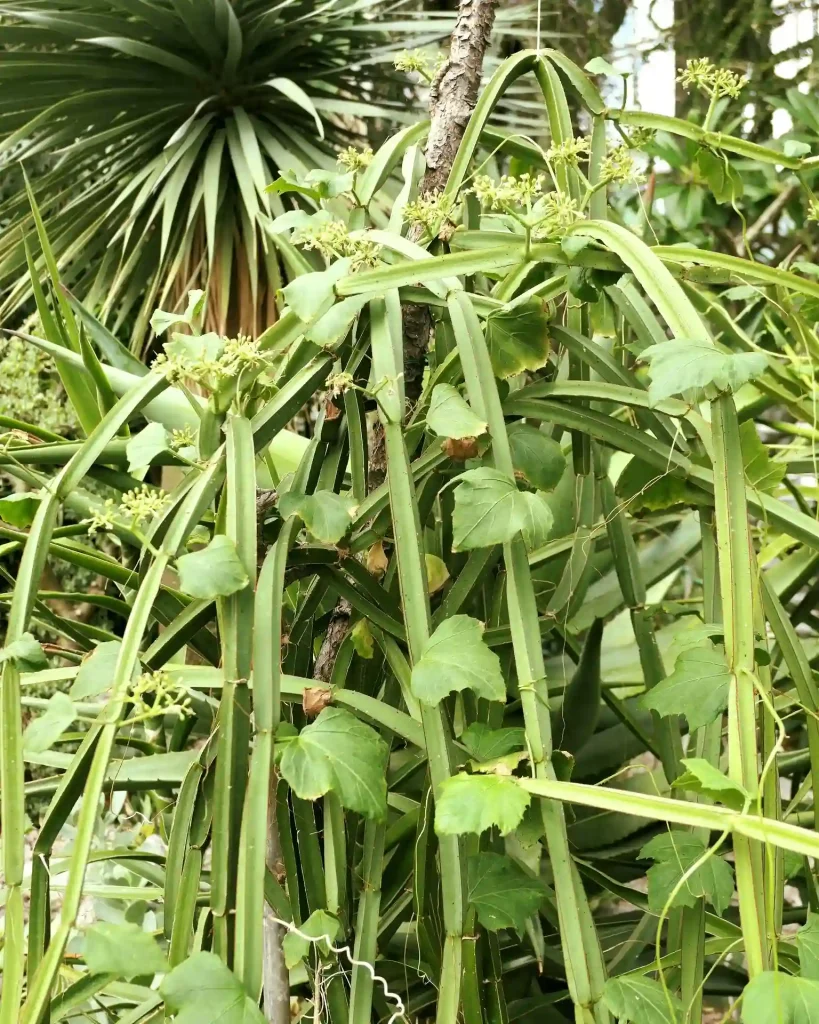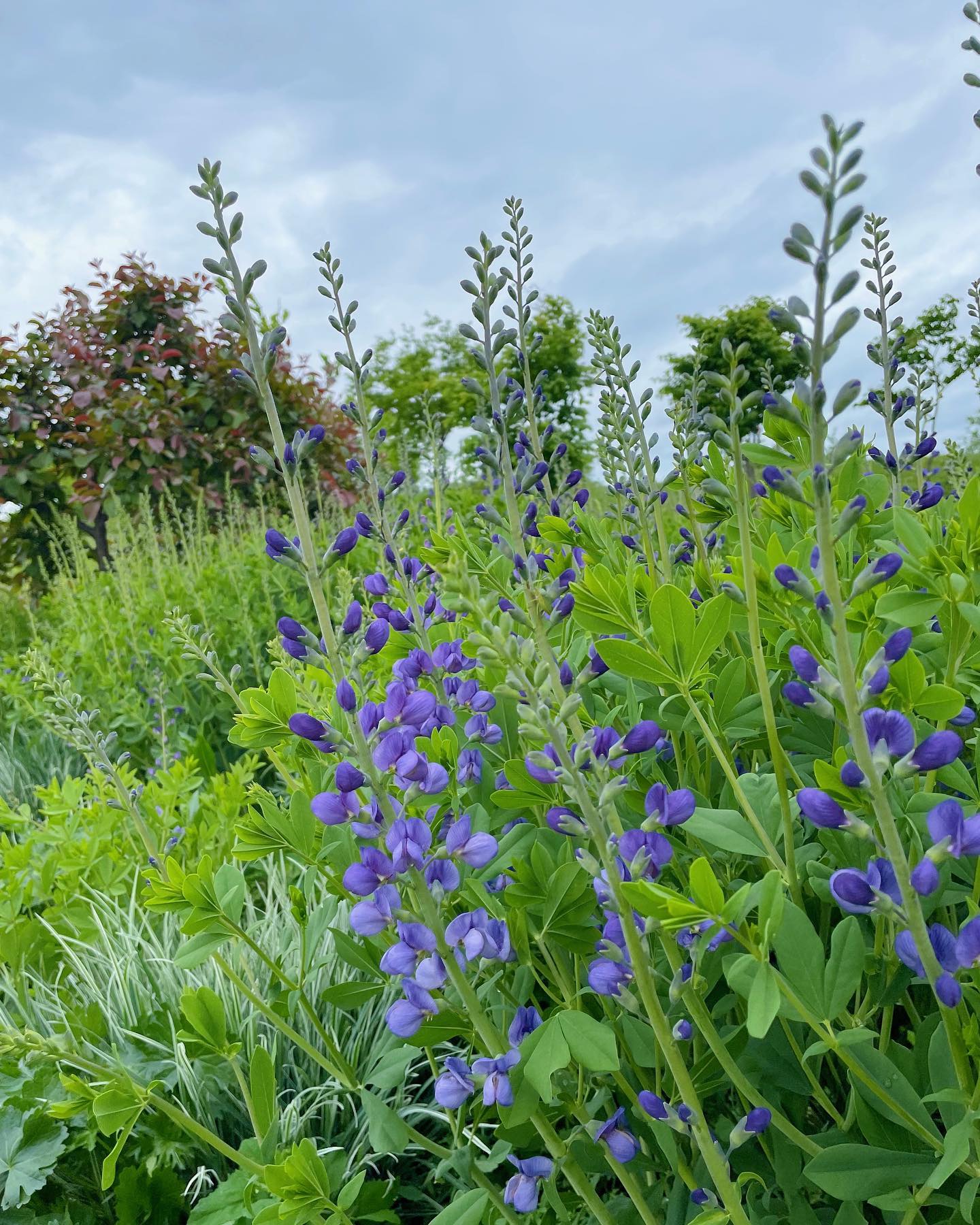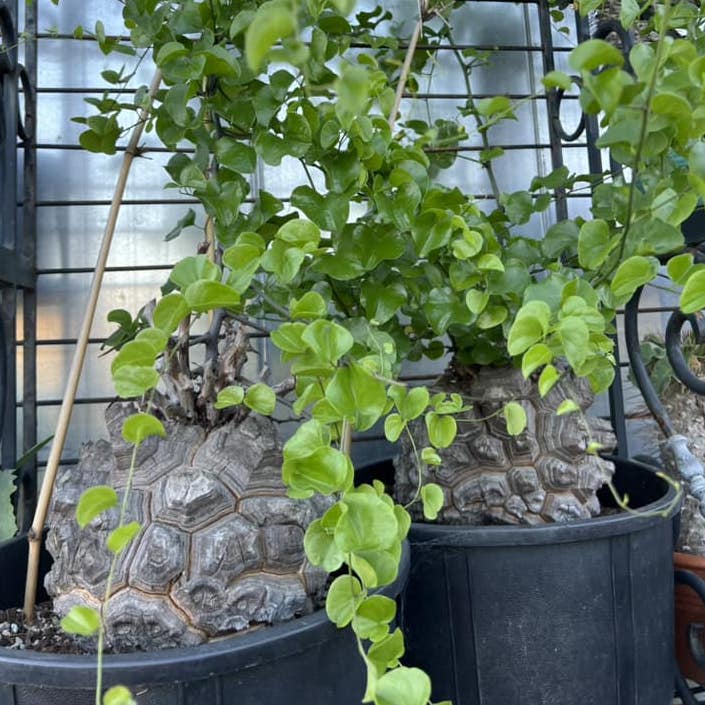All You Need to Know About Pandanus Veitchii
Hi, I’m Ferb Vu, and I’m here to answer all your burning questions about the striking Pandanus Veitchii. This beauty has stolen the hearts of many plant enthusiasts, and for good reason. Its unique form and stunning variegated leaves make it a standout in any indoor or outdoor space.
581 Species in Genus Pandanus
What is Pandanus Veitchii?
Pandanus Veitchii, sometimes called the Veitch Screwpine, is a captivating member of the Pandanaceae family. It’s known for its spiral arrangement of glossy, sword-shaped leaves. These leaves boast a vibrant green base color, boldly contrasted by crisp white margins.
There’s a bit of a debate among botanists. Some classify Pandanus Veitchii as a distinct species native to Madagascar. Others consider it a cultivar, a cultivated variety, of the more common Pandanus tectorius. Regardless of its exact lineage, this plant brings undeniable charm to any setting.
Is Pandanus Veitchii Easy to Care For?
Absolutely! This low-maintenance plant is a dream for busy plant parents or those new to the world of greenery. It thrives on neglect and doesn’t require constant attention. Here’s the lowdown on its basic needs:
- Light: Pandanus Veitchii prefers bright, indirect sunlight. Avoid harsh, direct sun, which can scorch the leaves.
- Water: Water thoroughly when the top inch of soil feels dry to the touch. Avoid overwatering, which can lead to root rot.
- Soil: Opt for a well-draining potting mix. A cactus or succulent mix works well.
- Fertilizer: Apply a balanced fertilizer monthly during the growing season (spring and summer). Withhold fertilizer during fall and winter.
With these simple steps, your Pandanus Veitchii will flourish for years to come.
How Big Does Pandanus Veitchii Get?
Pandanus Veitchii is a slow grower, making it ideal for smaller spaces. It typically reaches a mature height of 3-6 feet, with a spread of 2-4 feet.
Tip: Prune occasionally to maintain a desired size and shape.
Is Pandanus Veitchii Toxic to Pets or Children?
While not deadly, Pandanus Veitchii does contain saponins, which can irritate the mouth, stomach, and intestines if ingested. The sharp leaf edges can also cause minor cuts.
Safety first: Keep this plant out of reach of curious children and pets to avoid any potential harm.
Pandanus Veitchii vs. Dracaena Marginata (Dragon Tree)
Both Pandanus Veitchii and Dracaena Marginata are popular houseplants with sword-shaped leaves. Here’s a quick breakdown to help you decide which one might be the better fit for you:
- Leaf Color: Pandanus Veitchii boasts vibrant green leaves edged in white. Dracaena Marginata offers green leaves with reddish-purple margins.
- Growth Rate: Pandanus Veitchii is a slow grower, while Dracaena Marginata grows at a moderate pace.
- Light Needs: Both plants prefer bright, indirect light.
- Toxicity: Pandanus Veitchii is mildly toxic, while Dracaena Marginata is more toxic to pets and children.
The choice is yours: If you prioritize unique foliage and low maintenance, Pandanus Veitchii might be your champion. If you prefer a faster-growing plant with a touch of red, Dracaena Marginata could be a good contender.
Can Pandanus Veitchii Be Grown Outdoors?
Yes, Pandanus Veitchii can thrive outdoors in USDA hardiness zones 10b to 12, where temperatures rarely dip below 40°F (4°C). In these zones, plant it in a sheltered location with well-draining soil. Provide afternoon shade in particularly hot climates.
Winter tip: If you live in colder regions, bring your Pandanus Veitchii indoors before the first frost.
Where Can I Buy a Pandanus Veitchii?
You can find Pandanus Veitchii at many reputable nurseries, garden centers, and even online plant retailers. Look for a healthy plant with vibrant green leaves and crisp white margins. Avoid plants with brown or yellowing leaves, which could indicate improper care.
Bonus tip: When buying online, factor in shipping costs and ensure the seller has a good reputation for delivering healthy plants.
I hope this comprehensive guide has enlightened you about the captivating Pandanus Veitchii. With its stunning looks and easy-going nature, this plant is sure to become a treasured addition to your home. Happy planting!
If i die, water my plants!



